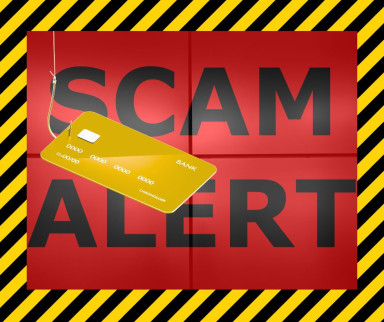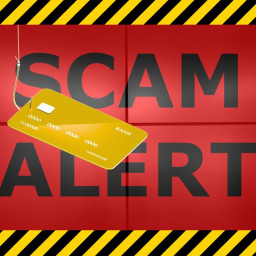
As your trusted financial partner, we believe knowledge is your first line of defence. Scammers are getting clever — and sometimes they even pretend to be the Financial Conduct Authority (FCA). Here are the key signals we all need to recognise — and act on.
Spot the warning signs
- The contact was unexpected — a call, text or email from nowhere.
- You were urged to act instantly. Scammers manipulate you with urgency and “limited-time offers.”
- The deal sounded too good to miss. Promises of high returns that seem unrealistic.
- You were told it’s personal, secret and “just for you.” Legit offers aren’t exclusive or secret.
- They tried to flatter, befriend or pressure you. Scammers often appeal to emotions — excitement, fear, urgency, even friendship.
- They claimed authority or expertise, often using official-sounding language.
If you find yourself thinking “this feels off”, pause.
Do your due diligence: check the firm, before you hand over money or personal info:
- Use the FCA’s Firm Checker - https://www.fca.org.uk/consumers/fca-firm-checker to verify whether the firm or individual is genuinely authorised. The details you’re given (firm reference number, contact info) must match what’s on the Register.
- Never rely on links, phone numbers or contact info sent by someone contacting you out of the blue. Always access sites by typing the URL directly — or via your own bookmarks. Simple habits that make a big difference
- Treat every unsolicited contact with caution — phone, email, text or social media.
- If you feel pressured, hang up and think. A legitimate financial firm will not demand instant action.
- Keep a close eye on your bank account and card statements — review them regularly.
- Before committing to a big decision (investment, pension, loan etc.), get independent advice or seek guidance from a qualified adviser.
- Never share sensitive data — bank details, passwords, device access — unless you’re absolutely sure who you’re dealing with.
- If you think you’ve been targeted — or worse, fallen victim, contact the National Fraud & Cyber Crime Reporting Centre: https://www.actionfraud.police.uk/ immedietaly.
- Let your bank know straight away if you’ve given your details, or made a payment you suspect was fraudulent.
- Be alert — once scammers have your information, they may try again, or attempt a so-called “recovery scam” (offering to get your money back — for a fee).
At Haverfords, we’re committed to keeping your money safe and secure. This Financial Scammers Awareness Week is a good reminder that even in times of uncertainty, staying alert and informed helps defend against fraud.
Haverfords Limited is directly authorised and regulated by the Financial Conduct Authority, FCA number 989644. Registered in England: Greenhill House, Block B First Floor, Thorpe Road, Peterborough, PE3 6RU, Company Registration Number 08583767 .
Anna Musialik
Office Manager







